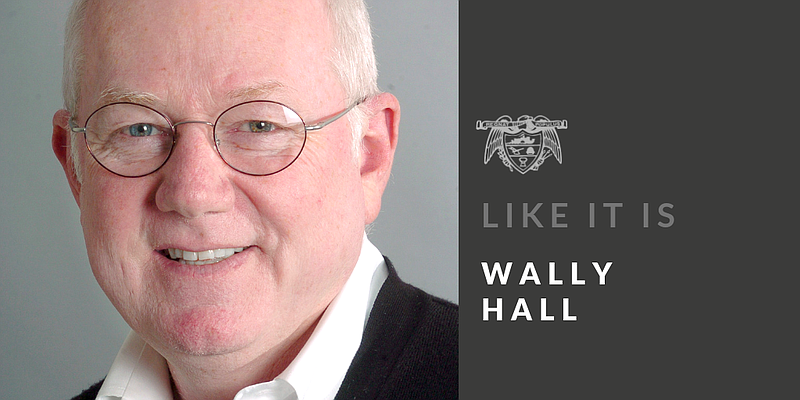By now, your trusty scribe has watched a minimum of 25 hours of the year-late Olympics.
OK, some of it was with the sound off.
Men's synchronized diving and men's floor gymnastics just don't hold any interest.
That's not to take anything away from the athletes, but they are events that just seem needless.
The whole family watched 17-year-old Lydia Jacoby become the first Alaskan swimmer to win a gold medal. Her astonished look when she realized she had won the 100-meter breaststroke was priceless.
[OLYMPICS: Keep up with the latest schedules, results + medals » arkansasonline.com/21olympics/]
We ran out of gas during the USA women's volleyball match against a very good China team.
We had been anticipating the women's gymnastics on Tuesday, but the news that Simone Biles had withdrawn took the wind out of those sails.
Actually, it seemed odd she had advanced. It was obvious she was out of sync in the preliminaries when she struggled with three of the five events.
While there is no idea what the TV ratings are this early, and they'll pick up for the track and field events, it was interesting to note the Olympic committee realized it was losing young viewers and added three-on-three basketball and skateboarding competitions.
I grew up in an era when the Olympics were cherished.
It was mostly amateur athletes, or so we were led to believe. In later years, athletes and even teams were disqualified for various reasons including the use of steroids.
My first personal experience as a reporter was the 1984 Olympics in Los Angeles.
It is mostly a blur now, although I'll always remember my friends Joe Kleine and Alvin Robertson competing on the gold-medal winning men's basketball team.
And that my flight was so late my room was given to someone else. I slept in my rental car, and the next morning discovered all the rims were missing.
I didn't sleep well, but I also didn't hear a thing.
In 1988 I went to Seoul, South Korea, for the Olympics. I made it to the Olympic Village 20 minutes before it closed, but I got checked in and led to the apartment I shared with two Army guys who "worked" for Stars and Stripes.
One actually was a photographer. The other disappeared for days on end. All countries were limited to how many official military people they could have there.
I'll never forget waking up that first morning, throwing the window open on a sunny day and then slamming it shut as the smell hit me in the face.
It was kimchi, a part of the Korean daily diet. It is cabbage soaked in a pickle-type juice and then buried for 30 days. Each day one was dug up and another was buried. It didn't taste any better than it smelled.
I remember the cab rides to Itaewon, the shopping district that had the Nashville Club, a place that served real American hamburgers owned by a retired Army sergeant. The cab drivers thought they were jet plane pilots.
I went to an anti-American demonstration -- from about two blocks away -- and the demilitarized zone.
In 1996 it was Atlanta with its bombing, myriad transportation problems and being told by a heavyweight wrestler that if I missed his next match he would find me.
My late friend Bill Handleman told a boxer in fluid French that I was the president of Arkansas. The boxer, a teenager from a small island, was in awe and wanted my autograph.
Covering the Olympics has been a highlight in my career, but I'm looking forward to watching these from my sofa and pulling for the Americans in every event and to win more medals than Russia.
Old habits die hard.
